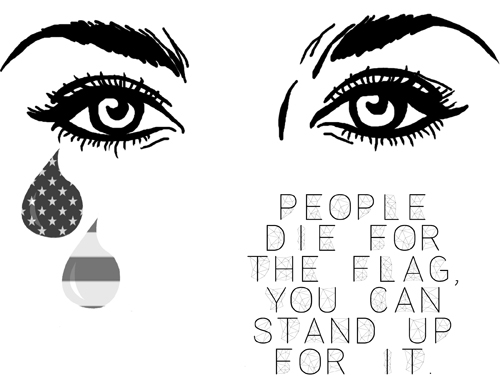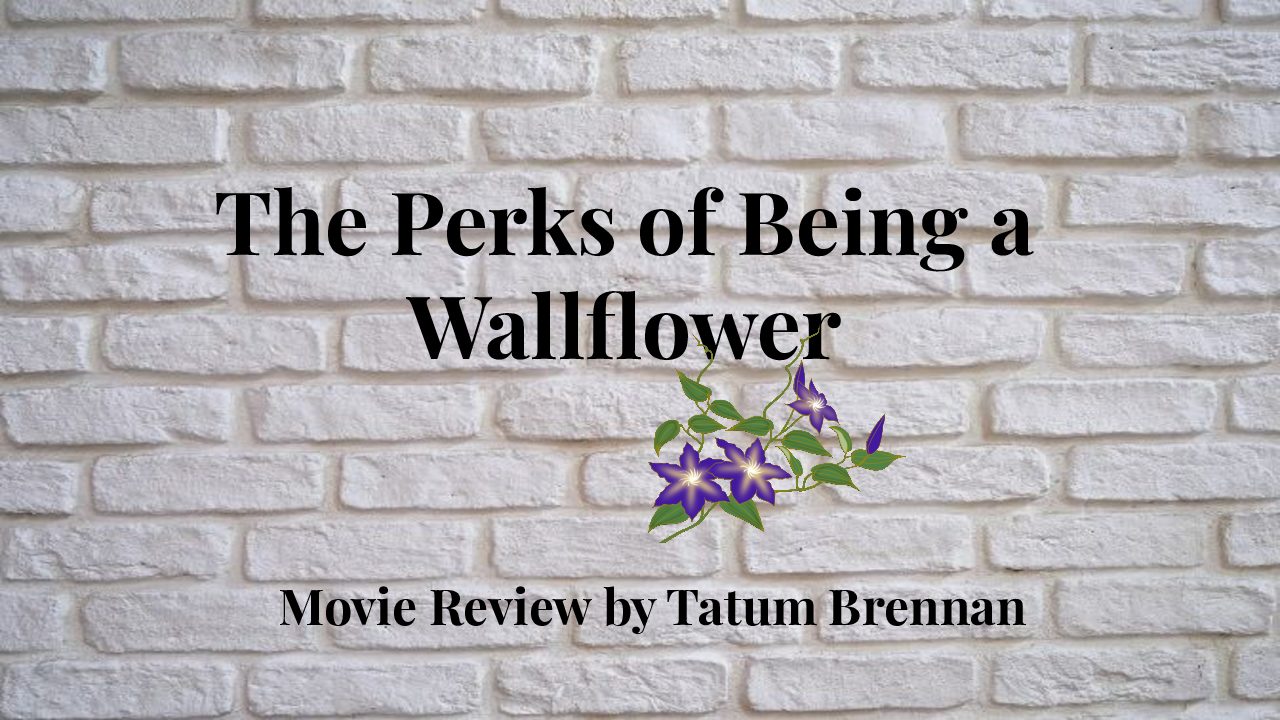Patriotism divides our nation
October 17, 2016
Patriotism is defined as “an emotional attachment to a nation that an individual recognizes as their homeland.” Lately, patriotism has been a growing topic of discussion in the United States, and honestly, I am baffled. If we live in a country that claims to be the “home of the free,” then why aren’t people free to express their beliefs free from judgment?
Personally, I have a hard time grasping the true meaning of being patriotic in today’s society, and if you’re anything like me, you’d also have a hard time determining whether or not you have a sense of pride in your country.
I feel lucky to live where I do, in a nice beach community with a good school in a country people would literally kill to live in. But recently, I find it hard to feel prideful in this country, as we are all so divided.
Going into a presidential election, you would typically see bumper stickers of candidates’ names on almost every car. But this year, it seems like very few voters are willing to do so. Should we be troubled about the growing apathy among Americans and the clear attrition of patriotism throughout the nation?
Why do people try to conform to “this” or “that?” Why can’t there be anyone in between? Why do people have to claim to be either completely patriotic, or not at all?
The Pledge of Allegiance and the National Anthem are often referred to as a citizen’s “patriotic vow,” or in other words, a promise made to stay loyal to the United States. But if these “vows” are common practice among American citizens, why aren’t we more educated about them?
The sense of patriotism that millions of other Americans share may not be so common in a high school setting because teenagers tend to rebel against their higher authority. It’s rare, but sometimes a teacher may come across a student or two who don’t stand up for the pledge. Students will do this for a variety of reasons, whether it be laziness, rebellion or peaceful protest. On the other hand, those who do stand often do so because they’d feel disloyal or awkward to be sitting for something so “important.” So is there truly a sense of patriotism among today’s teenagers?
On a much wider scale, there are millions of citizens throughout the country who refuse to support the symbolism of the American flag. But why is this? Many argue it’s a form of peacefully exercising their personal rights and freedoms of speech in a step towards equality. But at what point are these actions considered disrespectful? People who don’t support the flag typically argue that it is because they don’t like the government, or they don’t support the wars, but I don’t think this means they can’t have any sense of patriotism.
Another factor that divides the nation on their patriotic views is individuals’ ties to the military. If individuals are in the military themselves, or have a friend or family member in the service, they tend to pay more respect to the nation rather than someone who has no connections to the military at all. This idea is not as relevant in the younger generations, as there has been little need for sending troops into direct combat. So, even if you have no direct connection to patriotic views, you should still respect the beliefs of those around you.
Recently, United States President Barack Obama made a statement in a commencement ceremony for a museum of African American history reminding of “the patriotic recognition that America is a constant work in progress.” His choice of words suggests that patriotism should not feel like an obligation to support everything your country does; rather, it is patriotic to recognize the country’s faults and work towards their improvement.
Through this mess, I have concluded a couple of things. For starters, patriotism is not just a black and white subject. There’s a lot of grey area that needs attention, mostly so that the public can be made more aware of rising issues in today’s society. Secondly, each person is entitled to his or her own opinion, but this does not mean entitlement to bash someone else’s personal opinions or beliefs. Finally, why can’t we all learn to be more open to new ideas and accept others for who they are, rather than judge people for what they believe? We should be able to feel proud that we live in a free country, and feel unashamed to express our personal beliefs.








James | Oct 7, 2020 at 3:52 am
Eloquently put!!!